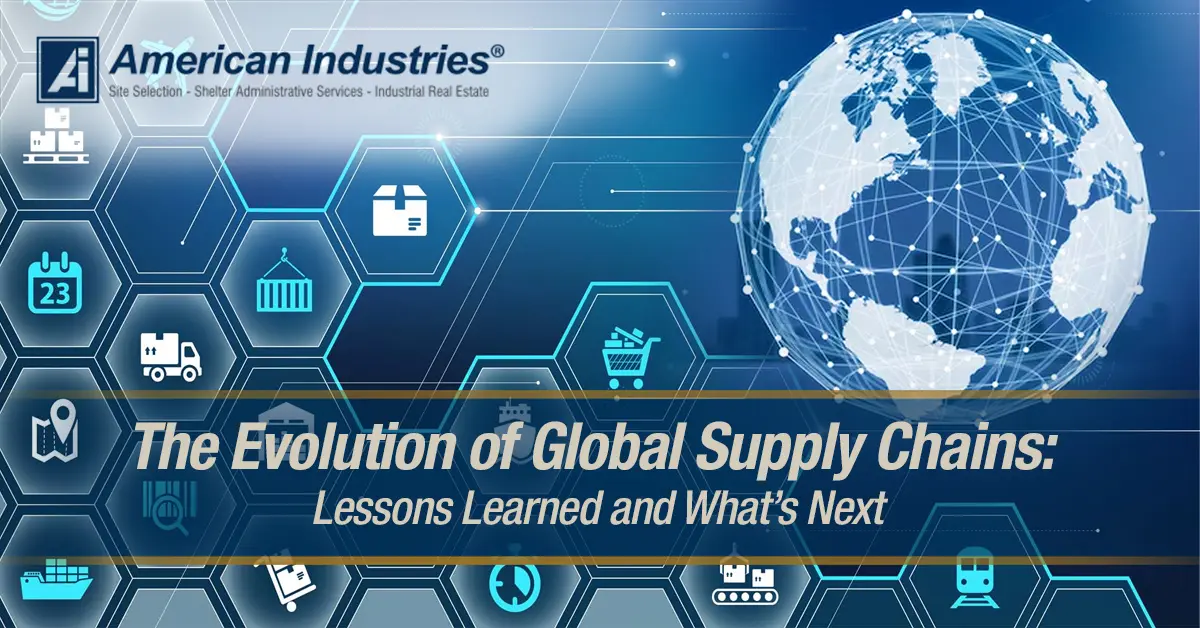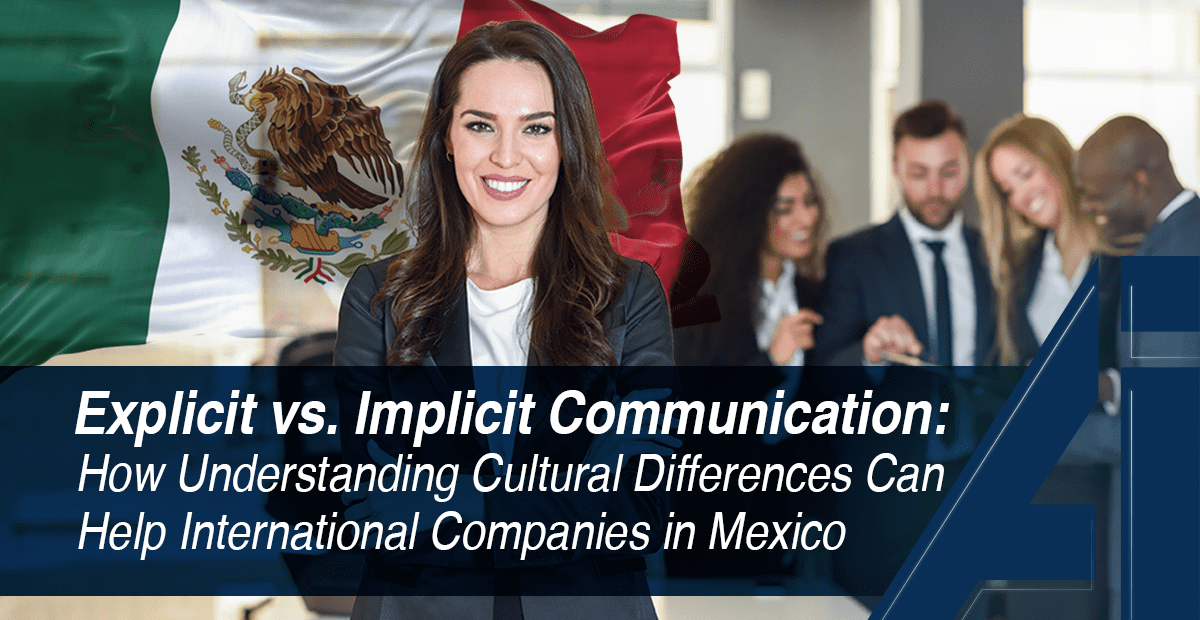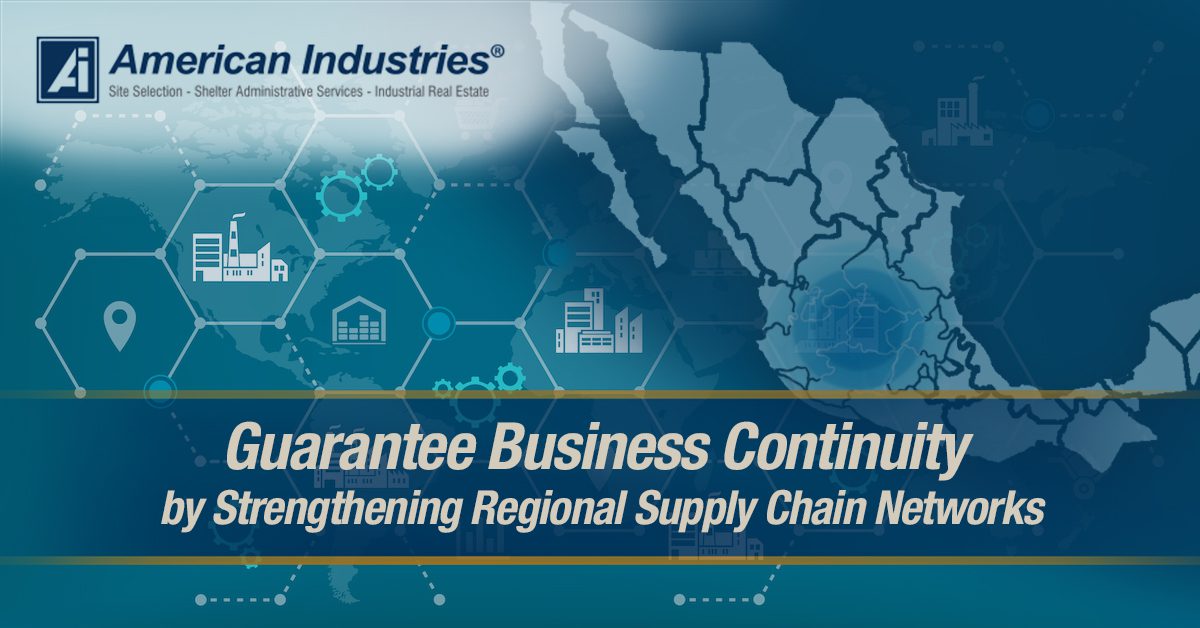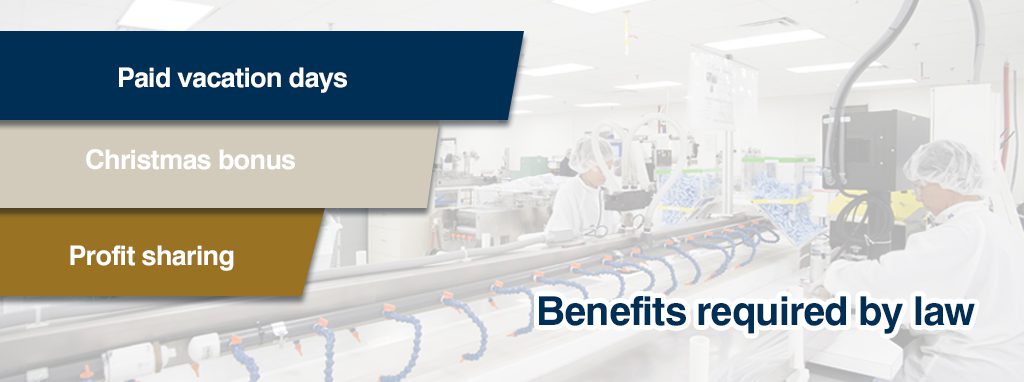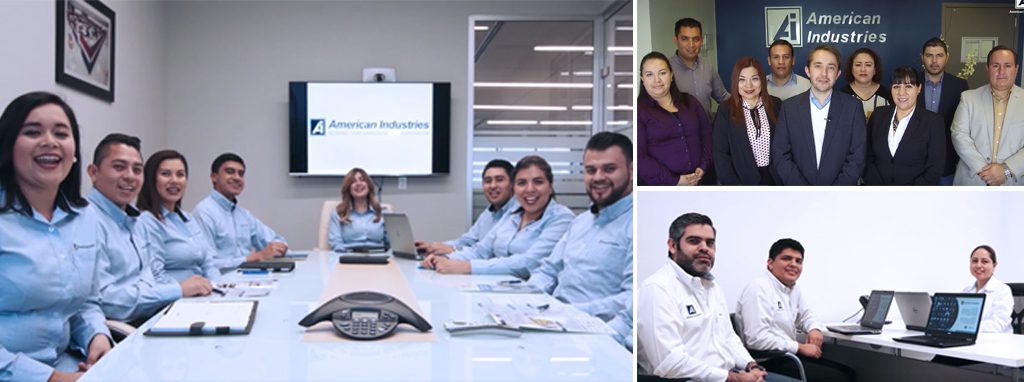Starting up Business in Mexico: Compensation Practices

Published 03/09/2022
Mexico is well-known internationally as having one of the most talented and available labor forces in various industries. With an economically active population of over 75 million people and an average age of 29 years, international companies in Mexico will find the talent needed to give their companies a competitive edge and optimize labor costs.
A key factor in making the most of Mexico’s labor force is having a well-designed hiring process and strategies to train and retain employees in the long term. To do so, it is important to understand normativity governing employer-employee relationships, including workers’ rights, employer obligations, unions, and minimum wages and benefits, among others. But mainly cultural practices in every region.
Required benefits include granting paid vacation days. The number of vacation days granted per year is calculated based on the employee’s number of years of service, with a minimum of 6 days and up to 16 for employees with ten years with the company according to federal labor law. However, most companies adapt their benefits with local regional practices.
Another requirement under labor law many companies are not aware of is a Christmas bonus. Each December, companies are required to pay employees an amount equal to 15 days of salary for each year of service mandatory, however this benefit is also adapted to local practices in each region and also depending on the category of responsibility this could go higher than 15 days.
Another requirement under Mexican law is regarding profit sharing. Legislation stipulates that PTUs (profit sharing) must be distributed to employees no later than 60 days after the company’s annual tax return is due. It must share 10% of its profits generated with employees by dividing this into two parts. The first part is evenly divided between all employees based on the number of days they have worked in the year, and the second is distributed based on employees’ salaries.
Other benefits that are not required by law but can offer a competitive edge in the labor market are life and health insurance plans for employees and their families, as well cafeteria services, transportation, social and sporting activities, and uniforms.
By understanding some of the basic requirements related to labor law and market practices and how they vary in different areas, in different industries, and for skilled and unskilled labor, companies ensure they avoid costly fines and other penalties for non-compliance and create a positive and productive workplace.
To do this, it is a good idea to partner with a soft-landing company such a shelter service firm that has the expertise to help your company develop appropriate and customized human resources strategies for and plans for manufacturing in Mexico, which will optimize costs and ensure the long term success of your business. If you are interested in finding out the fully loaded labor costs for your operations, reach out to receive your free cost model estimate.
American Industries Group®
YOU MIGHT ALSO LIKE


